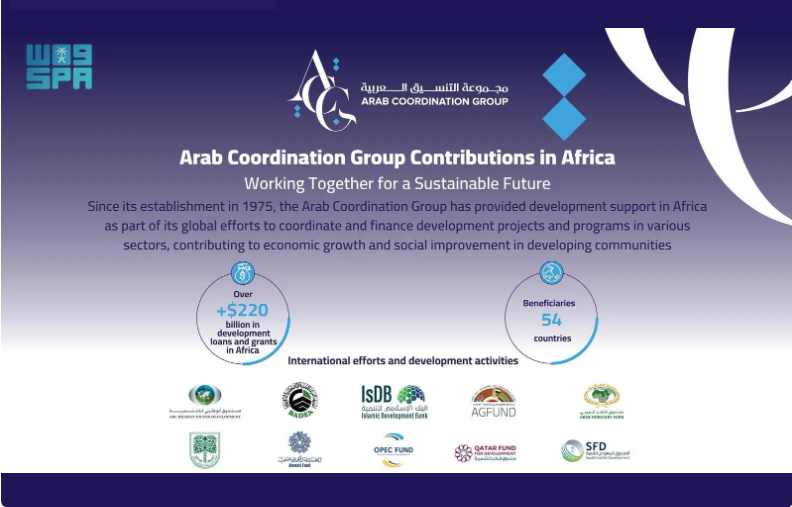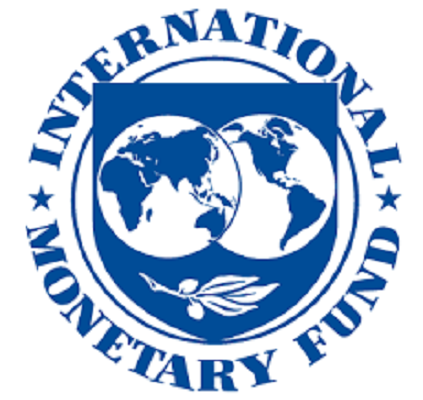International Monetary: Fighting inflation is a priority this year

Al-Anbat -
Al - Anbat - Saba - Al - Sukkar
Translated by - Neveen - Al - Jarrah
Makhamreh: The continued monetary and financial tightening will negatively affect the economic situation in Jordan
The countries of the world are still suffering from a difficult crisis and enormous economic challenges in the current year, as the global economic crisis has not ended yet, and the economic and social conditions are getting more difficult for most countries of the world with a slowdown in the growth of the global economy, despite the doubled efforts during the past year.
In this regard, the Director-General of the International Monetary Fund, Kristalina Georgieva, expected that global growth would witness a turning point at the present time, while it is still weak, indicating that growth declined during the current year to 2.9 percent after growth rose by 3.4 percent last year, expecting To record a slight improvement of 3.1% in 2024.
And she stated that the latest forecasts of the Global and Regional Economic Prospects Report, "albeit less gloomy compared to October", still indicate a decline in growth, pointing out that combating inflation will remain a priority for the current year, despite the decline in inflation from 8.8% in 2022 to 6.6% this year and 4.3% in 2024, but it will still exceed pre-pandemic levels in most countries, which will require more monetary tightening that may lead to sudden repricing in financial markets.
In turn, the economist, Wajdi Al-Makhamreh, told "Al- Anbat" that high interest rates will surround inflation, but they will hinder economic growth, indicating that the acceleration of epidemiological and geopolitical events during the past two years was the main reason for inflation reaching historical levels, as after the partial recovery from the Corona pandemic, There was talk of stagflationary risks due to rising raw material prices and pressure on global production chains.
He pointed out that expectations indicate weak growth around the world for the year 2023, as these expectations are based on major issues, most notably; High inflation, central bank decisions, the Russian-Ukrainian war, geopolitical alliances, epidemiological conditions and their continued impact on supply chains.
He continued, that the geopolitical conditions increased the complications of the inflationary situation, and forced governments to move towards central banks to curb inflation in one way or another. Pointing out that its result is an increase in interest rates on government bonds and borrowing costs for consumers and business institutions, which in turn contributed to sharp declines in stock prices worldwide due to the impact of monetary policies on the growth plans of companies and institutions.
Al-Makhamreh stated that the interventions of central banks run in parallel with the development of global events, especially in the recent situation in Ukraine, where interest rates witnessed successive rises in a very short period, driven by the stereotyped vision of central banks in an attempt to anticipate sufficient conditions of the markets by tightening the screws on funding sources to dry up. Cash liquidity to contain the crisis.
He expected that the continued monetary and financial tightening would reduce the demand for commodities and energy, which would lead to lower commodity prices from their current levels and might also push energy prices to lower levels unless other disturbances occur, stressing that this will be reflected in the economic situation in Jordan. Where the rise in interest rates, the rise in financing costs for companies, and the decline in their profits add to that a decline in consumption intensity in light of the high rates of inflation, which will lead to a decline in growth in some economic sectors.








